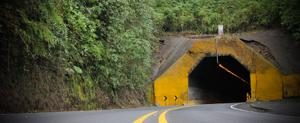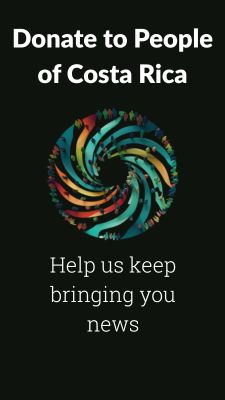Costa Rica has become the first country in the region to implement a Community First Aid course, a pioneering initiative led by the Ministry of Health in coordination with the Pan American Health Organization (PAHO) and the National Commission of Indigenous Affairs (CONAI). The program will be delivered in indigenous communities of Talamanca, where remoteness, limited transportation, and scarce health services make it difficult to provide timely emergency care.
The goal is to strengthen local response capacity in areas such as Telire, so that residents are better prepared to act in medical and traumatic emergencies. Through this training, 25 community members will be certified as community first responders, capable of handling severe bleeding, snakebites, convulsions, respiratory obstruction, and other emergencies.
The training combines theory and practice, with modules adapted to local realities. Participants will learn CPR techniques, the use of bandages, splints, and tourniquets, as well as effective communication during patient transport. To ensure cultural and linguistic inclusion, sessions are taught in Spanish with the support of Cabécar interpreters from within the community.
The first training session will take place from October 28 to 30, 2025, in the indigenous territory of Bley Norte.
An Alliance to Save Lives
This initiative is complemented by an agreement signed on September 8 between the Ministry of Health, the Clodomiro Picado Institute (UCR), and the Costa Rican Red Cross. Thanks to this partnership, Red Cross personnel will be able to administer an immediate first dose of antivenom serum in rural areas, providing crucial care before patients are transferred to a medical facility.
The intervention will follow the National Protocol for Snakebite Envenomation and Antivenom Use in Pre-Hospital Settings, which includes scene safety, evacuation, initial patient management, vascular access, and continuous monitoring until hospital admission.
A Commitment to Vulnerable Communities
With this program, Costa Rica reaffirms its commitment to bringing health and protection to even the most remote corners of the country. By strengthening collaboration between institutions, organizations, and indigenous peoples, the initiative empowers communities to respond to emergencies and helps save lives where timely care is most critical.

















